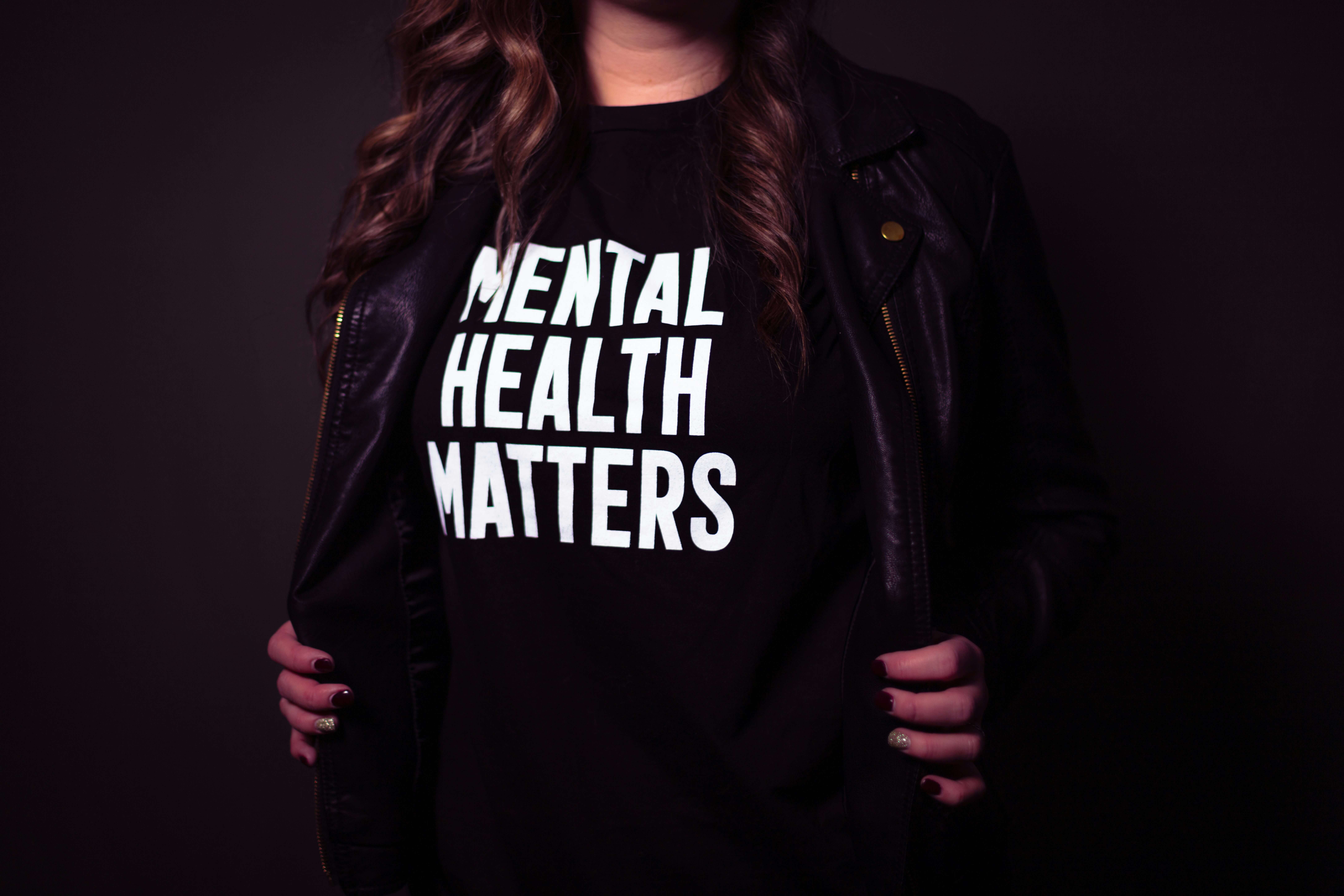It’s a common scenario, one that may start innocently enough but can soon evolve into something dangerous. Perhaps it’s happening to you, or has already happened.
It’s the cycle of codependency and alcohol addiction.
You meet someone, and you grow to care about them. You may fall in love. Your two lives become entwined into one. You become emotionally reliant on one another.
Your partner begins to abuse alcohol. Or perhaps you realize they’ve always had a problem with alcohol. You might try but fail to establish boundaries. You may start making excuses for your partner’s behavior when they’re drinking. Perhaps you even find yourself enabling their behavior.
As your partner falls deeper into their unhealthy behaviors, the cycle worsens. And there are many damaging consequences waiting for you as a result: guilt, shame, loss of self-respect, even mutual alcohol addiction and an overall worsening of the addictive behaviors.
But there is good news: This toxic cycle of alcohol addiction and codependency can be broken with proper treatment and, sometimes, with family therapy. It starts with recognizing the problem.
How to understand codependency
The term “codependency” was first coined in the 1950s by the Alcoholics Anonymous community, who understood that those connected to the alcoholic are just as affected by the disease as the alcoholic . This group recognized there was the person with the unhealthy behavior — alcohol addiction — and those who supported and enabled the unhealthy behavior. And these people might actually interfere with recovery by overhelping.
You might have heard of terms like “codependent enabler” and “manipulator” when learning about codependency and addiction. But it might help to think in the more straightforward terms of the “giver” and the “taker.” Unlike healthy relationships in which there is a balance in the give and take between two people, in a codependent relationship, one person does a bulk of the caring until they deplete themselves. The taker just continues to take.
Givers tend to:
- Put too much focus on someone else’s behavior and not their own
- Have a strong need to matter to someone, feel competent, or feel close to someone
- Over-internalize values that prescribe self-sacrifice to others
- Be unable to set boundaries, or overlook broken boundaries and agreements
- Feel as if they’ve completely lost themselves and their own identity within the relationship
Takers tend to:
- Sometimes be selfish or manipulative
- Behave in an irresponsible or self-entitled manner
- Lack life and coping skills
- Use their relationship as an excuse to avoid responsibility
- Avoid age-appropriate responsibilities and show no interest in personal change
Codependent relationships are founded on an inequity of power. The needs of the taker are elevated to the top, while the giver sacrifices themselves.
You can have a codependent personality even if your partner doesn’t have an issue with substance abuse. But too often, with families or couples, codependency and alcohol addiction go hand in hand.
A look at alcohol addiction
You might find yourself wondering whether you have a drinking problem. There’s a saying for that: Those who don’t have a problem don’t spend an inordinate amount of time wondering if they do.
If your drinking, or that of someone you love, worries you, here are eight thoughtful questions to consider:
- Do you find yourself drinking to feel normal?
- Once you start drinking, can you stop?
- Are you drinking alone, or do you find yourself sneaking drinks?
- Do you spend a lot of your time drinking, being sick from drinking, or getting hangovers?
- Have you engaged in activities while drinking (e.g., driving, unsafe sex, swimming, physical altercations) that could cause you harm?
- Have you suffered negatively at work, home, school or in social situations because of your drinking?
- Do you want to cut back or cut out drinking but found that you could not?
- Are you drinking more than you once did to get the buzz you want?
This is by no means an exhaustive list, and you may want to take a deeper dive into a few of the top questions. But you may now see more clearly how the answers to some of these questions can be greatly influenced when there’s a codependent relationship in the mix.
When alcohol addiction and codependency meet
Substance abuse like alcoholism makes a codependent relationship even worse. For example, the giver might buy alcohol so the taker doesn’t drive drunk to the liquor store. The taker may ask the giver to make up an excuse when the taker has to miss work due to a hangover. These scenarios may sound mild, but imagine how quickly such situations can escalate.
It’s a vicious cycle, and it can’t be broken until one person is strong enough to recognize the problem and decides to seek help.
Alcohol addiction treatment is available
At Fountain Hills Recovery in Fountain Hills, Arizona, we offer several evidence-based treatments, including family therapy. We utilize our expertise and experience to help you or someone you love overcome addiction while strengthening and maintaining the relationships you have with your family.
We also have addiction counseling and psychotherapy, with counselors and addiction specialists providing positive coping mechanisms to create room for change.
Contact us, and get started on the path to overcoming codependency and addiction.





